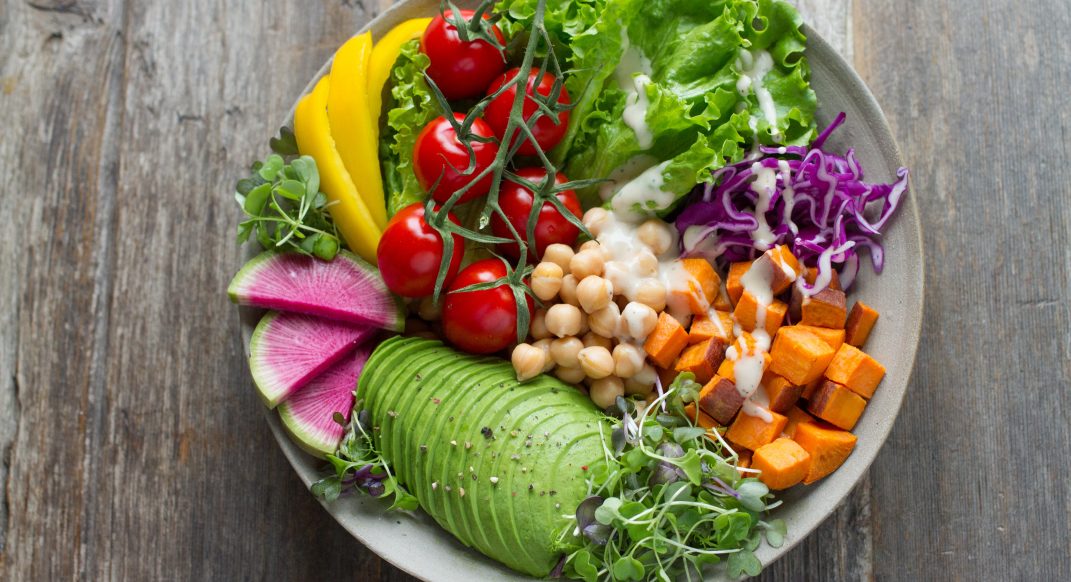Can eating the right foods help reduce inflammation and speed up recovery time?
A: When we exercise, we create free radicals called ROS or Reactive Oxygen Species that can damage cells and cause inflammation in the body. This type of inflammation is considered acute and is actually a normal response by the body. Allowing it to occur is an important component of training adaptation. Basically, a little bit of inflammation is normal, and a good thing!
If you are eating a healthy, balanced diet and are allowing yourself proper time to recover from hard training, your body should be able to balance out inflammation levels naturally. If you’re generally healthy and eat predominately whole foods, you’re probably OK. There’s no evidence showing that certain vegetables will cause inflammation unless you have food allergies or sensitivities.
A poor diet with lots of chips, cookies and frozen meals probably won’t allow for proper recovery. This can lead to inflammation that builds on itself and become chronic. Symptoms include nagging pains that won’t go away, extreme fatigue and abdominal pain. Chronic inflammation can increase recovery time and lead to a higher risk of illness and injury.
Inflammation-Promoting Foods
Inflammation is a complex balancing act. Some foods cause a healthy inflammation response, other foods less so. Minimizing inflammation-promoting foods when trying to recover from training is key.
- Processed foods (baked goods, chips, crackers, candy, etc.)
- Foods containing excessive trans fat
Inflammation-Balancing Foods
To promote a healthy inflammatory response in the body, we are looking at foods in a few different categories. Include these foods on a daily basis to help decrease recovery time and keep inflammation in check.
- Anthocyanin-Rich Foods (blue, red and purple): Good sources include berries, plums, radishes, eggplant, pomegranate, cherries
- Omega-3 Fatty-Acid-Rich Foods: Chia seeds, flax seeds, walnuts, fatty fish
- Spices: Turmeric, rosemary, ginger, chili pepper, black pepper, cloves, cinnamon
- Nitric-Oxide-Rich Foods: Leafy greens (arugula, kale, cabbage), beets
- Foods Rich in Vitamin A, C and E: Strawberries, pineapple, broccoli, Brussels sprouts, sunflower, almonds, avocado, carrots and sweet potatoes
- Vitamin D: Mushrooms, fish, egg yolks, fortified juices and milks
A Note on Supplements: Research has shown that supplementing in pill or powder form with these inflammation-balancing foods has produced mixed results. Use caution with any dietary supplements excessively rich in antioxidants as they have been shown to hinder the body’s ability to adapt to exercise, negating training benefits.

